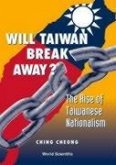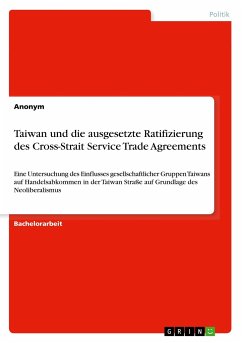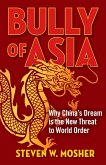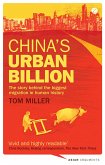"Taiwan's emergent nationhood poses a fundamental challenge to the global political order. Following a remarkable transition from authoritarian rule to robust democracy, this island society has become a prosperous but widely unrecognized nation-state for which no uncontested sovereign space exists. Increasingly vigorous assertions of Taiwanese identity expose the fragility of relationships between the United States and other great powers that assume Taiwan will eventually unite with China. Perhaps because of their precarious international position, Taiwanese have embraced cosmopolitan culture and democratic institutions more fully than most Asians. The 2014 Sunflower Movement, in which demonstrators occupied parliament to protest a free trade agreement with China, thrust Taiwan politics into the global media spotlight, as did the resounding victory of the once-illegal Democratic Progressive Party in 2016. Taiwan in Dynamic Transition provides an up-to-date treatment of contemporary Taiwan, highlighting Taiwan's emergent nationhood and its implications for world politics. The book provides a new interpretive framework and series of case studies that together construct a vivid picture of how contemporary Taiwanese think about their nationhood, with specific examples of nation-building and democratization in social practice. The Taiwan case has important implications for broader themes and preoccupations in contemporary thought, such as consideration of why transitions in the aftermath of the Arab Spring have sputtered or failed, while Taiwan has evolved into a stable and prosperous democratic society. Taiwan serves as a test case for nation- and state-building, the formation of national identity, and the emergence of democratic norms in real time"--








